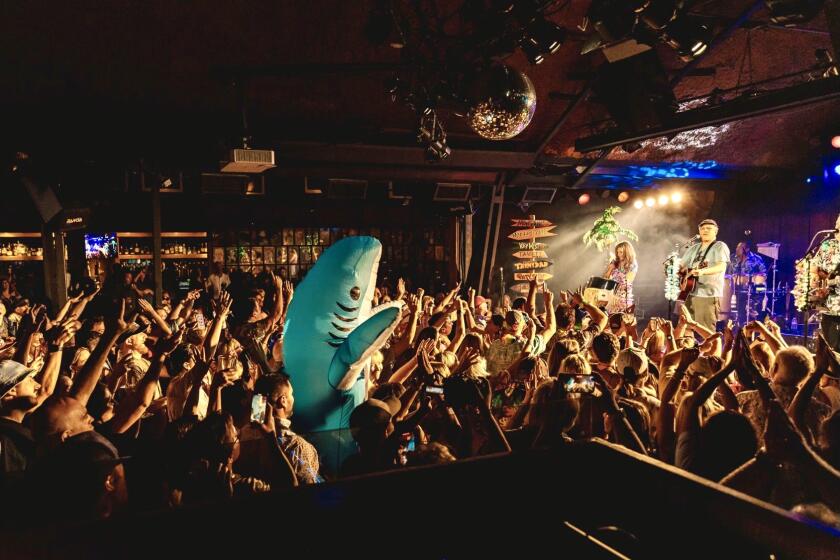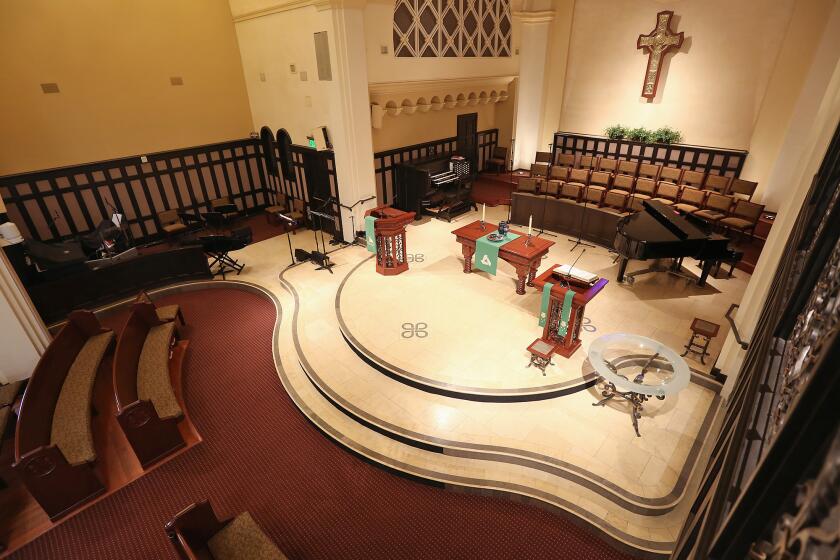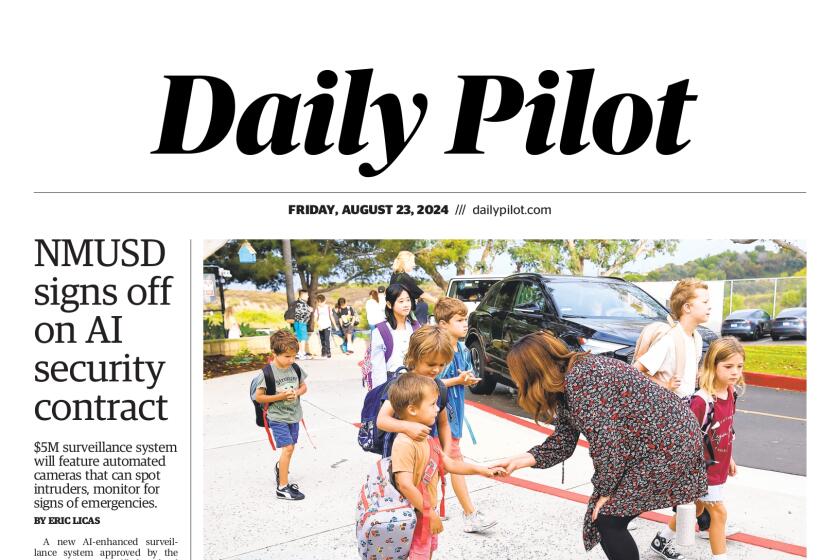Debating the granny unit
The Schones family has a guest house in the backyard of their Eastside Costa Mesa home — informally called a “granny unit” because such units have occasionally been used to house elderly members of a family — that is too big to be legally allowed. The granny unit was built in the ’60s, by Richard Schones’ grandfather, and at the time of construction the family did not get a permit for it.
Grandpa, he said, was a well-known, reputable contractor around the area.
“The way it was explained to us is a lot of times if you had a good reputation you didn’t have to get a permit, they just let you do it back then,” Richard said.
Almost 50 years later, the Schones wanted to rebuild their main house, adding a story and tripling the size. While applying for the necessary permits the city found out about the illegal unit in the back, and for the past year the issue has bounced back and forth between different city officials and politicians.
First, the Planning Commission told the family that they would have to knock down the unit if they wanted to remodel. Some were afraid of the precedent it would set to legalize a clearly illegal structure.
Then Councilwoman Wendy Leece appealed the decision to the City Council, which unanimously voted to legalize the unit.
Next, then-Mayor Eric Bever brought the issue back to the council for review, and this time it was denied 4 to 1 with even Leece voting against legalizing the unit (Katrina Foley was the only member who still voted for approval).
The Schoneses brought it back to the Planning Commission. The commission again denied the request, and once again Leece has appealed it to the council, which will reconsider it at an upcoming meeting.
“Requiring the Schones family to tear down a perfectly good granny unit does not make sense to me,” Leece said.
Since May the whole Schones family — husband, wife and four kids — have lived in the granny unit while they wait to get the final inspection for their recently completed new front house.
The unit is a small, beige house with a kitchen, a bathroom, a couple of bedrooms and a two-car garage.
It is separated from the main building, with a small wooden jungle gym set in between.
Units are restricted in size and scope by zoning code, because if homeowners build them too big or allow them to butt up against the property lines, it could pose a fire hazard or create an aesthetic or privacy problem for neighbors, according to planning department officials. Despite it being illegal, though, Senior Planner Mel Lee said the city has never heard anyone around the neighborhood complain about the granny unit.
“We’ve had no code enforcement complaints or issues, no police department calls, and we had also inspected it with the building department inspectors and they determined that there was nothing wrong with it that couldn’t be fixed,” Lee said.
On the Planning Commission side, Commissioner Jim Righeimer has been leading the charge against allowing the unit. Because the family knowingly built it illegally, never declared it to the city and never paid property tax on it, it would be a dangerous precedent to allow them a pass at this point, according to Righeimer.
“If we start approving illegal units that aren’t allowed there, then everyone else will want their illegal units legalized,” he said.
ALAN BLANK may be reached at (714) 966-4623 or at alan.blank@latimes.com.
All the latest on Orange County from Orange County.
Get our free TimesOC newsletter.
You may occasionally receive promotional content from the Daily Pilot.



